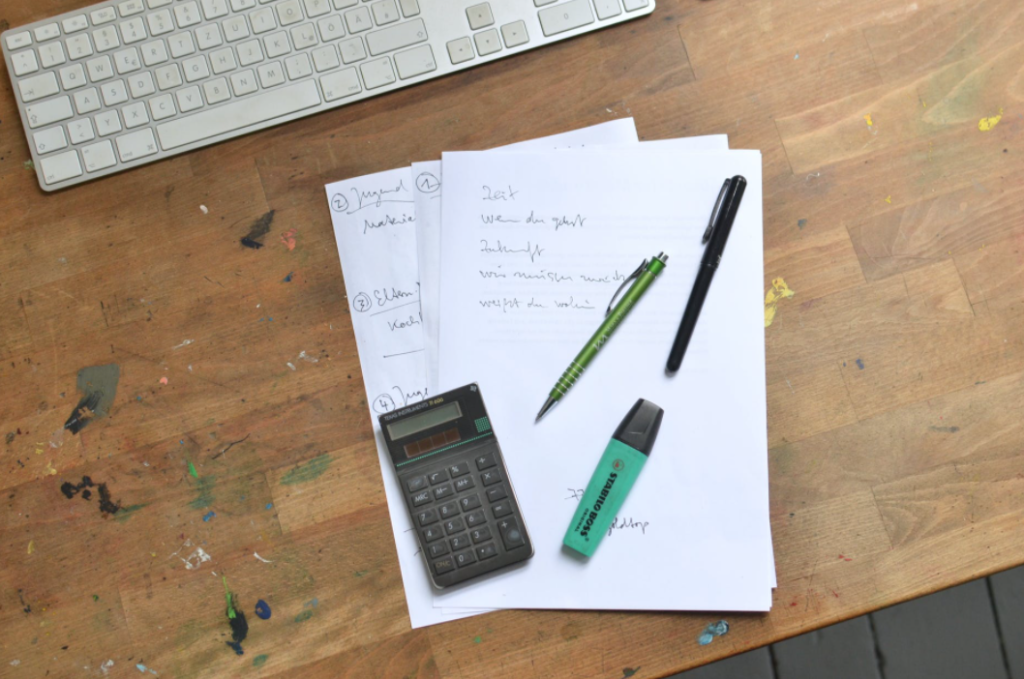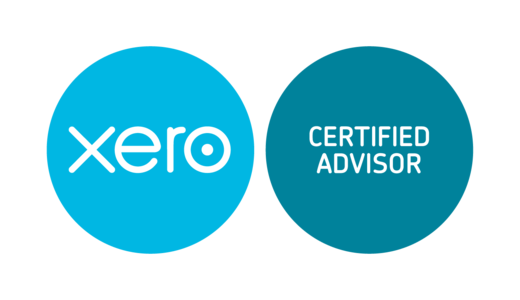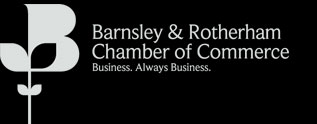
In the Budget the Chancellor of the Exchequer, Rishi Sunak, announced the ’super deduction’. The announcement was among those that got the most attention, and it was seen as one of the biggest components of his plans to steer the country through the financial consequences of the coronavirus pandemic. But what exactly is it, and how does it work?
What is the super deduction?
Business will be used to claiming deductions against their investments. These are usually at 100% of the value, so if you spent £100 you would tax relief for that and save £19 on your tax bill. The SD offers a 130% first year relief. This means that for the £100 investment, your deduction would actually be for £130, saving you £24.70.
In practice, the amounts would be somewhat higher than our examples, it is intended for more significant investments. The Chancellor’s expectation that the super deduction would be used for major plant and machinery investment. However, if you qualify for the deduction you can use it against purchases like office further.
Why is there a super deduction?
The plan is that the SD will play a role in getting the economy moving after coronavirus. The Office for Budget Responsibility expects that it will boost business investment by about 10% a year, or £20 billion. The expectation is that will, in turn, stimulate the economy, creating jobs and revenue in all parts of the economy.
Are there any catches?
You won’t be surprised to learn that the super deduction isn’t as straight-forward as it seems. Although it is a great deal, especially if you were planning investment anyway, not everyone is eligible, and you might be caught out by the consequences later on.
For a start, only businesses can benefit. If you are a sole trader you will be familiar with claiming deductions for equipment you have to buy for your work, but you won’t be claiming a super deduction. Only registered businesses are eligible for this, so a sole trader can’t benefit from the additional 30%. However, depending on the amount they trade and are investing the super deduction might mean it’s a good year to convert to limited company status.
Only some expenditure is eligible for the super-deduction. Although the criteria are fairly broad, there are exemptions. You could, for example, purchase company vans and claim the deduction, but you cannot claim it against a company car. You also have to buy new equipment, so second-hand equipment will not be eligible.
Finally, you may also have to be careful when you come to dispose of your investment. If you later sell the investment then the Treasury may claw back some of the deduction.
What should I do?
The super deduction has been well-received as a great way to help the economy but also as a great opportunity for businesses. However, it is time-limited. The scheme only lasts until 2023 so if you are planning to invest, then you may want to start thinking about it now. We can help you navigate the complex law and rules and make sure you get the most you can from the super deduction while it lasts.
Connect with us
Follow us on Facebook, LinkedIn & Twitter.
Read more of our blog.






